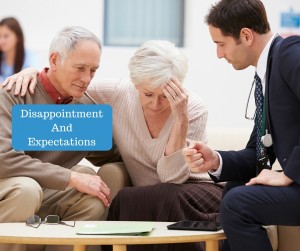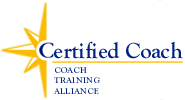IS YOUR CHILD IN A THERAPEUTIC RESIDENTIAL TREATMENT PROGRAM?
 You have made the difficult, often desperate, decision to place your child in a therapeutic, residential treatment program.
You have made the difficult, often desperate, decision to place your child in a therapeutic, residential treatment program.
You have done this with the combined resources of educational consultants, family, friends, counselors, school personnel, and faith-based advisors.
Even the best advice and counsel don’t eliminate the doubt, the guilt, the rationale and sense of disappointment and failure that parallel your decision.
Your child’s struggles may involve off cue behavior, defiance, poor academic performance and attendance, drugs or a variety of undesirable issues.
Once your child is placed, you may feel relieved to have professional support but anxious about having strangers taking the lead for your child’s success.
It is a leap of faith but one that seems to have no clear understanding of what is happening with your child. Most programs include scheduled contact calls with your child’s counselor, therapist, and teacher.
These calls are informative, timed and designed to keep you up to speed with all elements of your child’s program, progress or problems.
You feel that you are getting the truth of the program but may feel removed and separate from participating in the plan.
THIS is the crux of the placement, the tough spot and the key to being a primary part of the “solution”. Parents are often the least included member in the spectrum of the treatment team.
You pay the (often) significant fees, answer the intake questions, listen to the therapist and talk with your child for a limited time.
Program management is invested in your child’s improved and altered behaviors but also in keeping you (as the paying customer) satisfied.
This satisfaction must include parent education that aligns with the child’s therapy. If your child is to return home after residential placement, parents must be prepared to adjust their own expectations, reactions and boundaries to allow the child to apply new learnings to old environments.
Children and/or young adults leave residential treatment to re-assimilate into community life, school or home. They leave with a new skill set, new coping methods and hopes of new beginnings and success.
To support this, parents must be willing to have their own altered behavioral patterns and responses. Your child is changed, but not “fixed”. The “fix” comes with learning, knowing and accepting the changes learned while in treatment.
Before leaving the program and moving to a more independent life, there must be a transition plan established and agreed upon by parents, child/ young adult , therapist and new environment ( school, employer,family).
This plan needs to include the exact parameters of responsibility and expectations.What will be different, what will be allowed, what will the new responses to situations be?
How often will you have access to the program therapist during the transition period? Without a well developed, exact and agreed upon plan, your child/young adult only returns to the “scene of the crime” where old patterns and habits re- emerge.
This is your chance to renew your relationship with your child, to refresh your confidence as an effective parent and re-establish a family based on loving trust.
If your child’s program does not offer a transition plan, contact your educational consultant, hire a coach for yourself or locate a behavioral specialist to support the transition.
Without a transition plan, you may have invested a tremendous amount of time, money and energy into positive changes that are difficult to sustain.
You have already experienced disappointment, this is the time to experience success!
Would you benefit from help with this transition, with how to re-boot yourself, with how to create a future of hope and success?
Contact me for a free sample session of discovery!
If you enjoyed this post please coment and share if you want more content like this

- 9 Years as Facilitator for local retiement adjustment group
- Bachelor of Science in Education (B.S.)
- Three Master's Degrees (M. Eds) in Learning Remediation, Vocational Education and Administration.
- Certified Family Transitions Coach (Certified Through Coach Training Alliance)
- Active member of International Coach Federation.
- Lifelong learner and practitioner of gracefully applying grit to life's challenging transitions.
Email: Julie@JulieGreen.org
Phone: 208-755-2824







